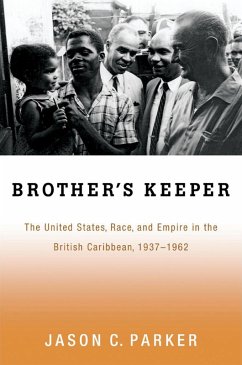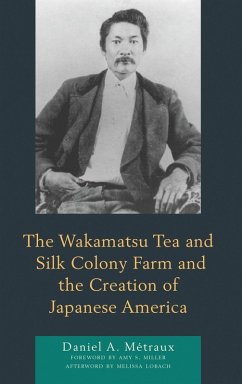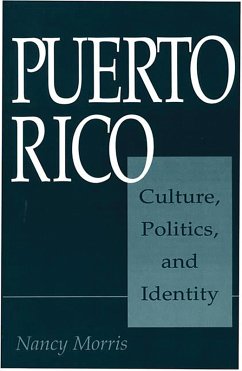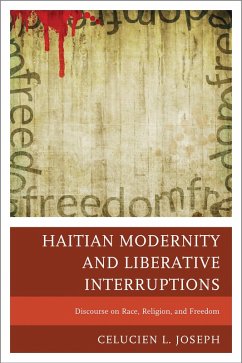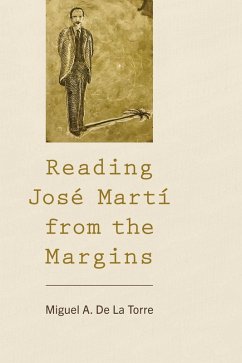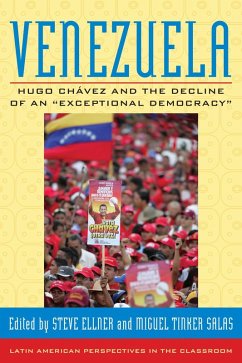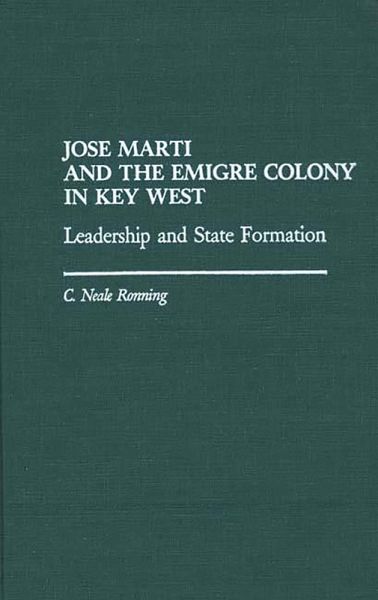
Jose Marti and the Emigre Colony in Key West (eBook, PDF)
Leadership and State Formation
Versandkostenfrei!
Sofort per Download lieferbar
59,95 €
inkl. MwSt.
Weitere Ausgaben:

PAYBACK Punkte
30 °P sammeln!
This penetrating study of political leadership and state formation centers on the Cuban leader Jose Marti (1853-1895) and his relationship with Key West, Florida, the major Cuban emigre colony of the time. The first book to explore specifically Marti's leadership qualities and style of leadership, it will be of significant interest to political scientists and students interested in the ways in which potential leaders react to the circumstances encountered and challenges faced in their quest for leadership. Ronning explains how Marti actively sought leadership of the Cuban struggle for independ...
This penetrating study of political leadership and state formation centers on the Cuban leader Jose Marti (1853-1895) and his relationship with Key West, Florida, the major Cuban emigre colony of the time. The first book to explore specifically Marti's leadership qualities and style of leadership, it will be of significant interest to political scientists and students interested in the ways in which potential leaders react to the circumstances encountered and challenges faced in their quest for leadership. Ronning explains how Marti actively sought leadership of the Cuban struggle for independence, effectively applying his personal qualities to meet the needs and desires of his community of emigres in Key West. But, Ronning shows, Marti never lost sight of what he perceived as higher humanitarian and humanistic goals for a truly just republic, believing that the process of state formation must coincide with the struggle for independence itself. Ronning begins with both a synopsis of major events in Marti's life before his first visit to Key West and an analysis of the social needs of the Cuban emigre community in Key West at that time. The bulk of the study concentrates on the period of three years when Marti made several historic visits to Key West and is based upon in-depth examination of the voluminous correspondence between Marti and dozens of Key West residents in all social categories as well as Marti's own newspaper Patria, which provided another avenue of communication with the emigre community. Analyzing these sources in light of specific events and challenges in Marti's short career as a leader, Ronning shows how Marti used the island of Key West and its emigre community as a psychic focus for the liberation of Cuba itself. The final chapter offers a synthesis of Marti's various techniques, skills, and qualities as well as Key West's response to his efforts.





